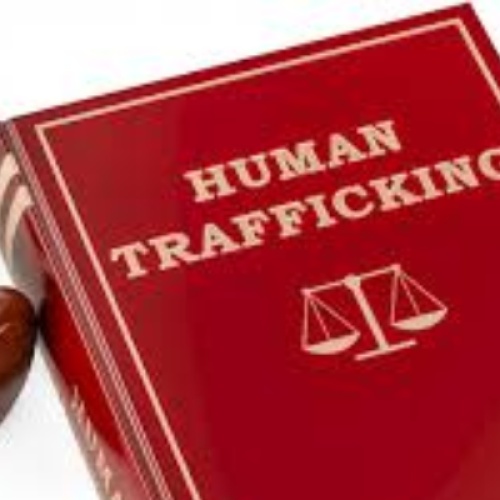Survivors of human trafficking often find themselves standing at the edge of a life they don't recognize - technically free, but emotionally fractured.
This chapter is about the long, uneven road to rediscovering self-worth, agency, and a future.
A Name Beyond the Case File:
In the world of trafficking, victims are often stripped of their names - replaced by numbers, fake identities, or dehumanizing labels. Afterward, one of the first acts of reclaiming power is simply being seen as a person. Survivors begin to separate who they were forced to be from who they truly are.
Some survivors legally change their names - not to erase their past, but to draw a line between captivity and the life they now choose. Others reclaim their birth names as a way of returning to the root of their identity. These choices, deeply personal, are small revolutions.
The Role of Safe Spaces:
Healing doesn't happen in isolation. Support groups, trauma-informed therapy, transitional housing, and survivor-led organizations become sanctuaries for growth. In these spaces, survivors are not expected to "move on" quickly - they are allowed to move forward authentically. (Never allow a person to say "Just forget about". As survivor's we know we will never forget.
A survivor named Alina once described her first support group as "the first room I walked into where I didn't have to lie about who I was or what happened to me." That kind of space doesn't just offer safety - it offers belonging.
Redefining Purpose:
Many survivors begin to channel their experiences into advocacy, art, peer mentoring, or education. Not because they are obligated to share their stories, but because it empowers them to redefine their narrative. They become more than what happened - they become agents of change.
Others simply find joy in reclaiming ordinary life: pursuing a job, going back to school, raising children, building healthy relationships. These achievements, no matter how "small" they seem to outsiders, are powerful acts of resistance against the trauma that tried to erase them.
Setbacks and Strength:
The afterlife of trafficking is not a straight line toward healing. There are days of hope, and days where the weight of trauma resurfaces without warning. But each time a survivor chooses to get out of bed, to speak their truth, to accept love - they reclaim something that once seemed lost.
The goal isn't perfection. It's wholeness.
"They tried to make me disappear. But here I am, still standing."
- Anonymous Survivor






